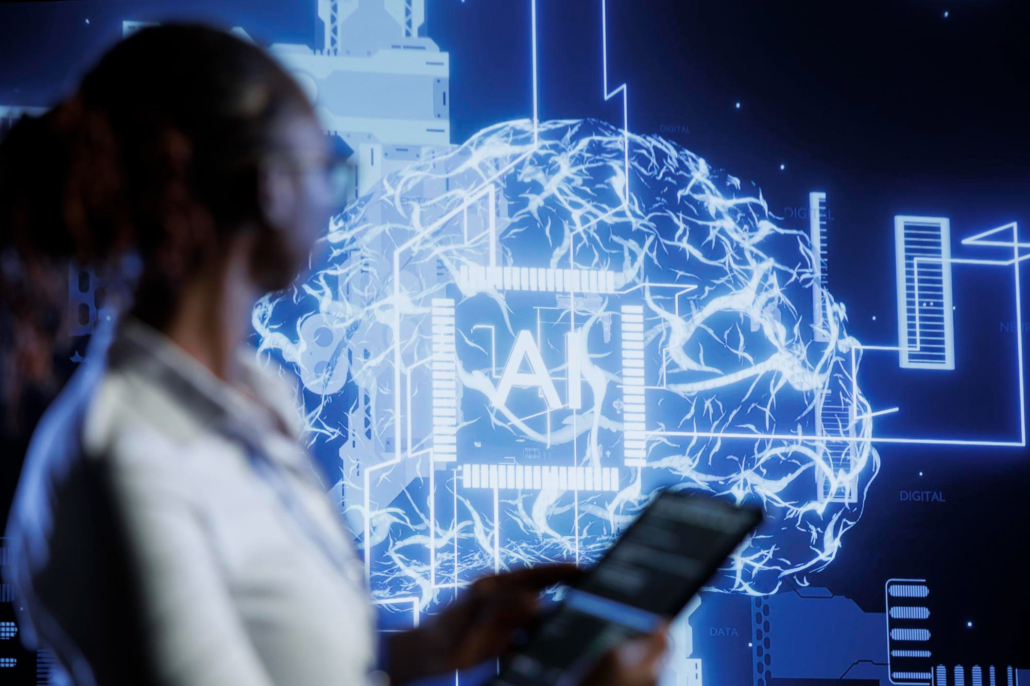5 Risks That A.I. Can Pose To Your Company
Artificial Intelligence (AI) has been a tool widely used by companies to improve various sectors, including the sector responsible for cyber security. However, artificial intelligence can also pose a risk: the rise of AI as a tool for cyber scams represents a new and complex threat to companies and their employees. Faced with this scenario, it is essential that organizations and employees adopt good cybersecurity practices to protect themselves against attacks.
Small Businesses Also Targeted by Cybercrime
Although we often think that only large organizations are susceptible to cyber attacks, according to Cybersecurity Ventures:
• 50% of cyber attacks in the world target small businesses.
• 60% of these companies close their business within six months of suffering a cyber attack.
The data above shows how devastating the impact of these attacks on small businesses can be. That’s why it’s essential to adopt good cybersecurity practices to protect data and systems, regardless of the size of the organization.
What Risks A.I. May Pose to Your Company?
When it comes to cyber security in companies, Artificial Intelligence can help in a number of ways, such as optimizing the analysis of large volumes of data and developing better security systems that can identify possible cyber threats.
• 63% of security professionals believe that AI has great potential to improve cyber protection measures, according to a survey carried out by the Cloud Security Alliance, commissioned by Google.
• Around 55% of companies worldwide planned to implement artificial intelligence as a strategy to strengthen cyber security last year.
Despite the benefits to digital security, Artificial Intelligence can also pose major risks to organizations, whether small, medium or large. Below are the 5 main risks associated with the use of Artificial Intelligence that could threaten your company’s cyber security:
Malware Generation
Artificial Intelligence tools, including ChatGPT, have programming skills and are able to develop effective codes, even though they may contain errors. Even so, AI tools can aid and speed up the development of malicious applications and software, such as malware. This is due to gaps that can still be found in these tools and exploited by criminals.
Discrimination and Prejudice
Unfortunately, AI algorithms can be created with biased and discriminatory data sets. If this is the case, these algorithms can reinforce discriminatory practices and prejudices. As an example, we can mention facial recognition systems that can have their algorithms trained only with images of certain ethnic and/or demographic groups. Thus, the use of AI is also a cybersecurity concern when it comes to ethics.
Lack of Transparency and Data Interpretation
Artificial Intelligence can effectively identify patterns and make decisions based on analyzed data. But some models used by AI systems lack transparency or interpretability. This makes it more difficult to identify errors and negative trends, for example in the case of corrupted data that ends up being incorporated, which can compromise the system’s reliability and credibility.





